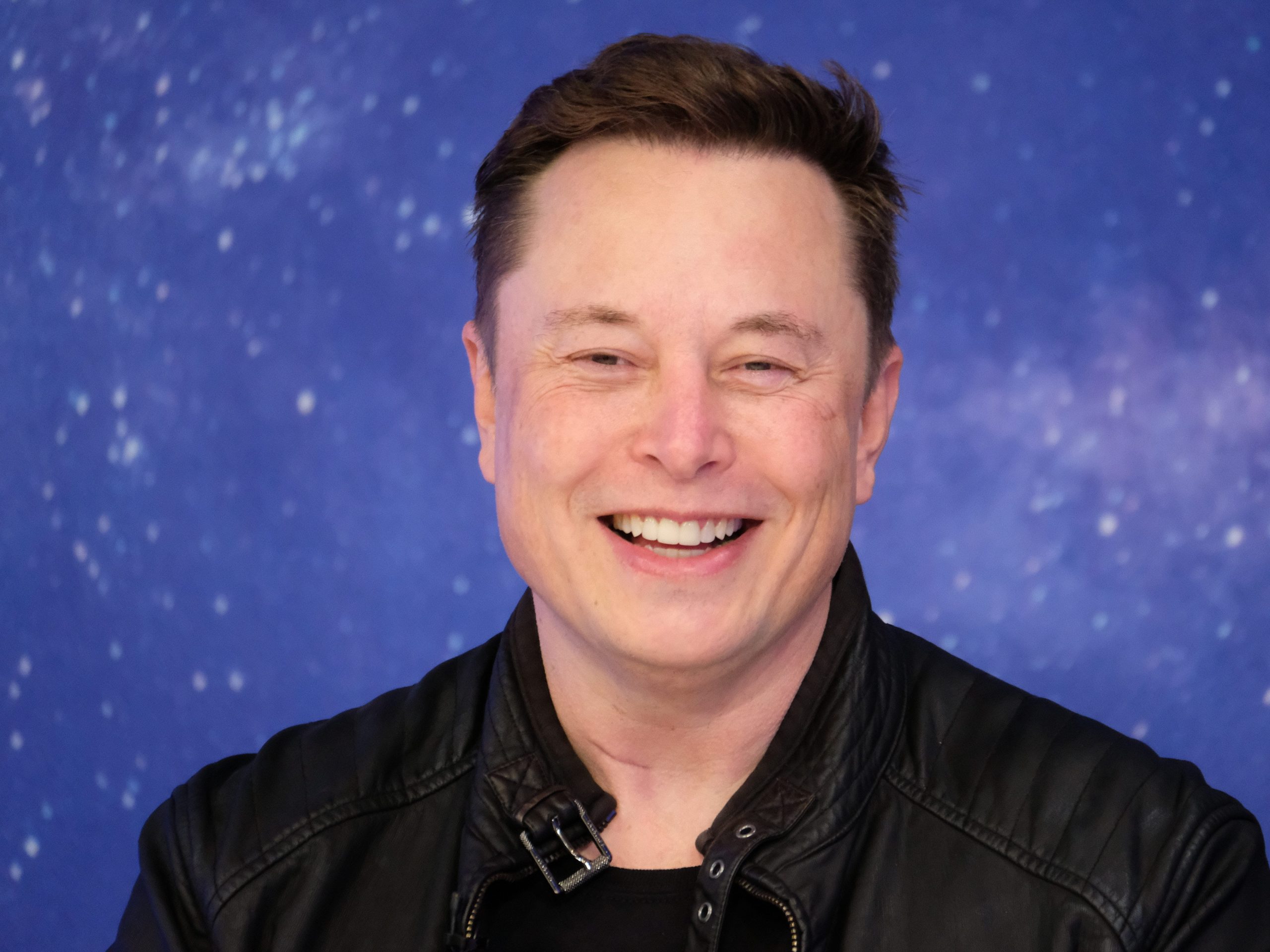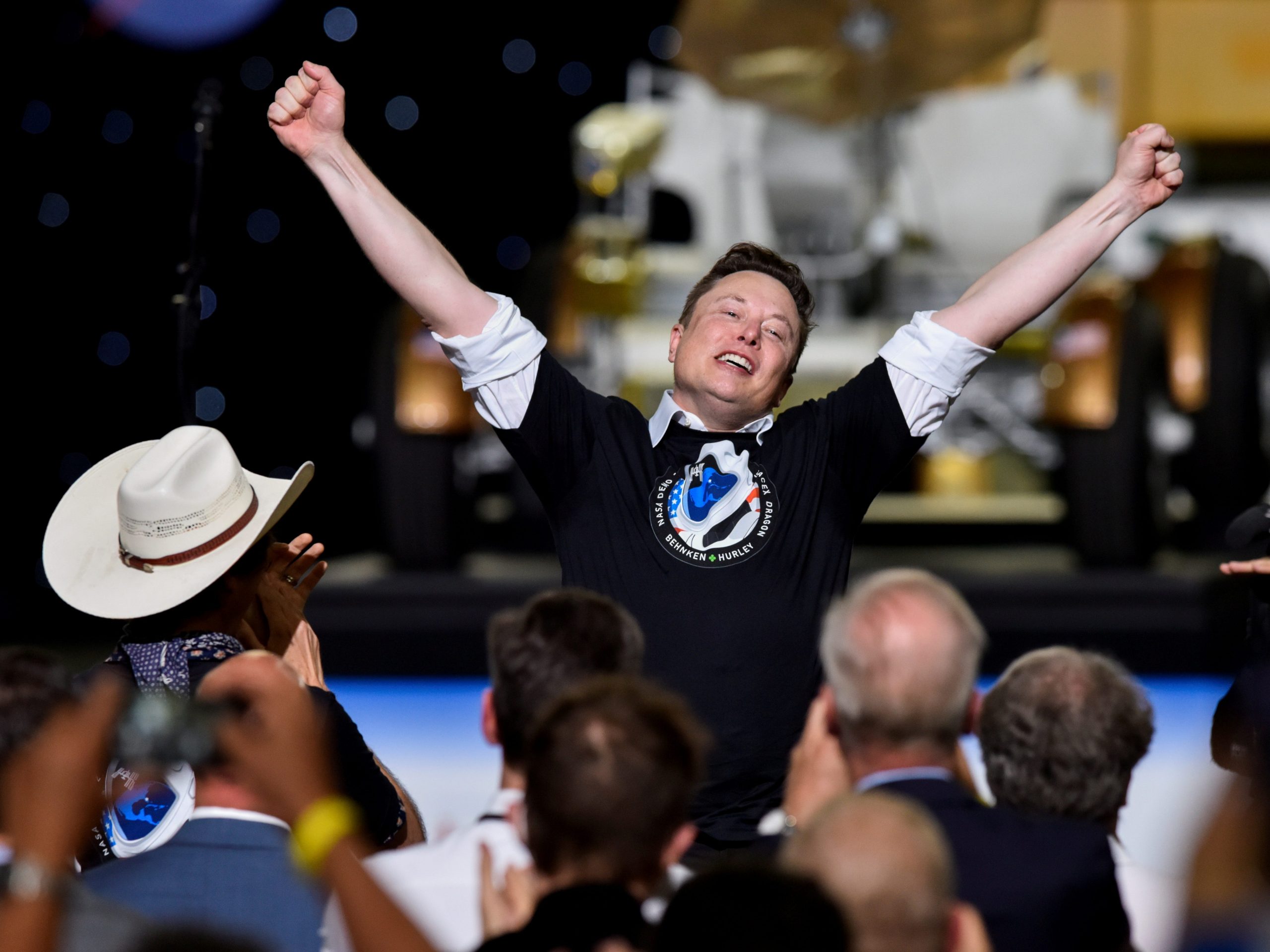
Axel Springer
- Tesla CEO Elon Musk sat down with Mathias Döpfner, the CEO of Business Insider’s parent company, Axel Springer, to discuss the prospect of a self-driving car revolution, the deep implications of artificial intelligence, and his ambitions for space exploration.
- “I’m definitely not trying to take anyone’s steering wheel away from them,” Musk said, clarifying his bullish stance on self-driving cars.
- The tech billionaire also warned, “We need to be careful with the advent of AI. And who’s using it, and who controls it, and is it going to be in the best interest of the people?”
- Visit Business Insider’s homepage for more stories.
In an interview with Mathias Döpfner, the CEO of Axel Springer, Business Insider’s parent company, Elon Musk revealed his thoughts on self-driving cars, oversight of artificial intelligence, and reasons behind his quest to be buried on Mars.
Musk, who had announced in October Tesla’s release of a beta version of its long-awaited “full self-driving” software, clarified that he is “definitely not trying to take anyone’s steering wheel away from them.”
“I’m just saying what will most likely occur, and I am certain about this, is that self-driving will become much safer than a human driver. Probably by a factor of 10,” he told Döpfner, adding that the bar for whether a person will be able to drive or not will be much more “stringent” in the future when autonomous driving is “10 times safer.”
But as Business Insider’s Graham Rapier reported, the top US safety regulator, the National Highway Traffic Safety Administration, has repeated that “no vehicle available for purchase today is capable of driving itself.”
“The most advanced vehicle technologies available for purchase today provide driver assistance and require a fully attentive human driver at all times performing the driving task and monitoring the surrounding environment. Abusing these technologies is, at a minimum, distracted driving. Every State in the Nation holds the driver responsible for the safe operation of the vehicle,” the agency said.
Musk explained while artificial intelligence was a key priority among his various projects, "it's important to have some kind of government oversight."
"We need to be careful with the advent of AI. And who's using it, and who controls it, and is it going to be in the best interest of the people?" he told Döpfner.
When Döpfner asked if, in the future, machines will "serve" mankind or vice versa, Musk responded:
"Well, sometimes when I look at everyone on their phone all the time, I wonder, who is the master of who?"
"Yes, people are constantly responding to things on their phone. They feel like they own the phone, but perhaps they should ask themselves whether the phone owns them," Musk added.
"And I think it's perhaps less a question of whether AI is serving humanity or vice versa. Rather, there is a symbiosis. And hopefully, that symbiosis is one that mutually benefits digital and biological intelligence."

Throughout 2020, Musk has made clear his plans to achieve space exploration in the very near future. In January, he shared details on Twitter about his plans to send 1 million people to Mars by 2050. (Later in October, he said SpaceX has a "fighting chance" of sending an uncrewed Starship rocket to Mars in 2024.) This past summer he reportedly told his employees in an internal email that SpaceX would focus on Starship as its primary goal. And in November, SpaceX launched its 23rd mission of 2020 - a record number of flights carried out in a year, Business Insider's Kate Duffy reported.
"It's not that Mars is a plan B, it's that we want to become a multi-planet species and a spacefaring civilization," Musk told Döpfner when asked why SpaceX was so important to him.
Musk said he "most likely" expected to see the first human on Mars in six years. He said he himself would probably go into space in "two or three years."
"Mars is a real planet so we can create a real civilization there," he said, adding, "There's also this terrible terror, but it's going to be a great adventure, and be one of the most exciting things that ever happened, if you don't die. That would be my ad for Mars."
- Read more:
- Elon Musk says we're going to have 'more vaccines than we can possibly use'
- SpaceX plans to race remote-controlled cars on the moon in 2021, and has drafted in a legendary Ferrari designer to help
- Elon Musk is open to talking about merging Tesla with another car company. These are the 4 most likely candidates, experts say.
